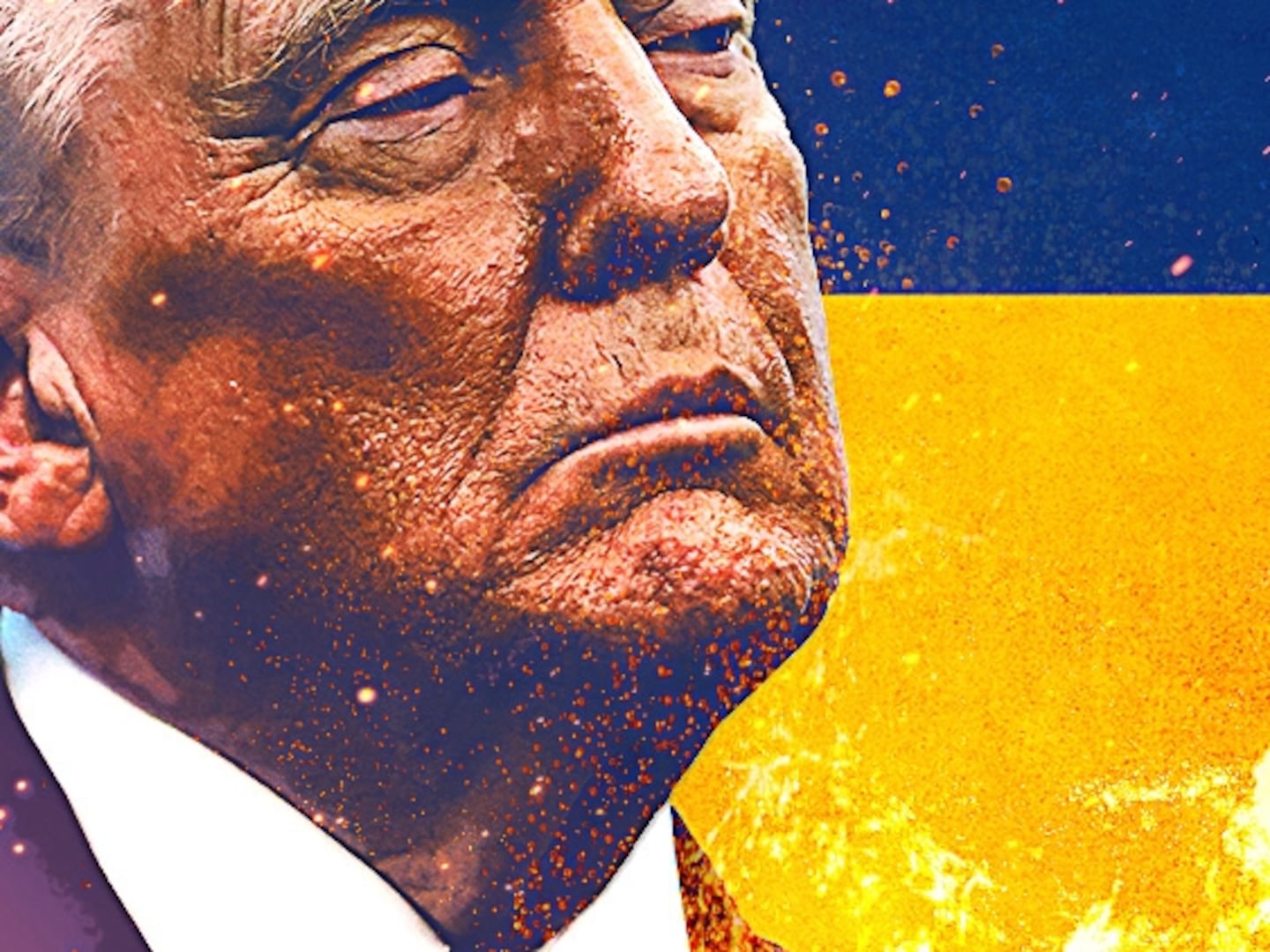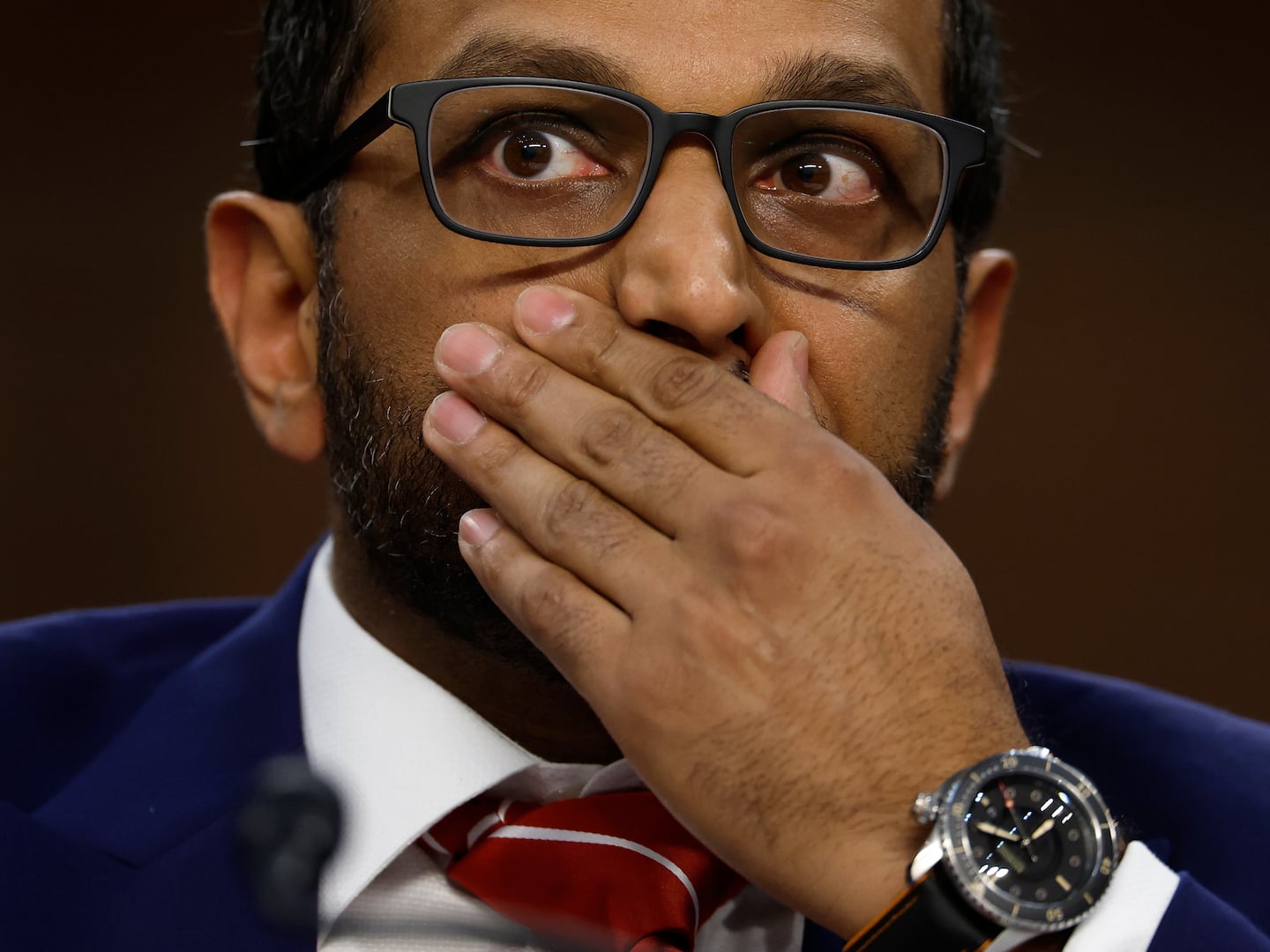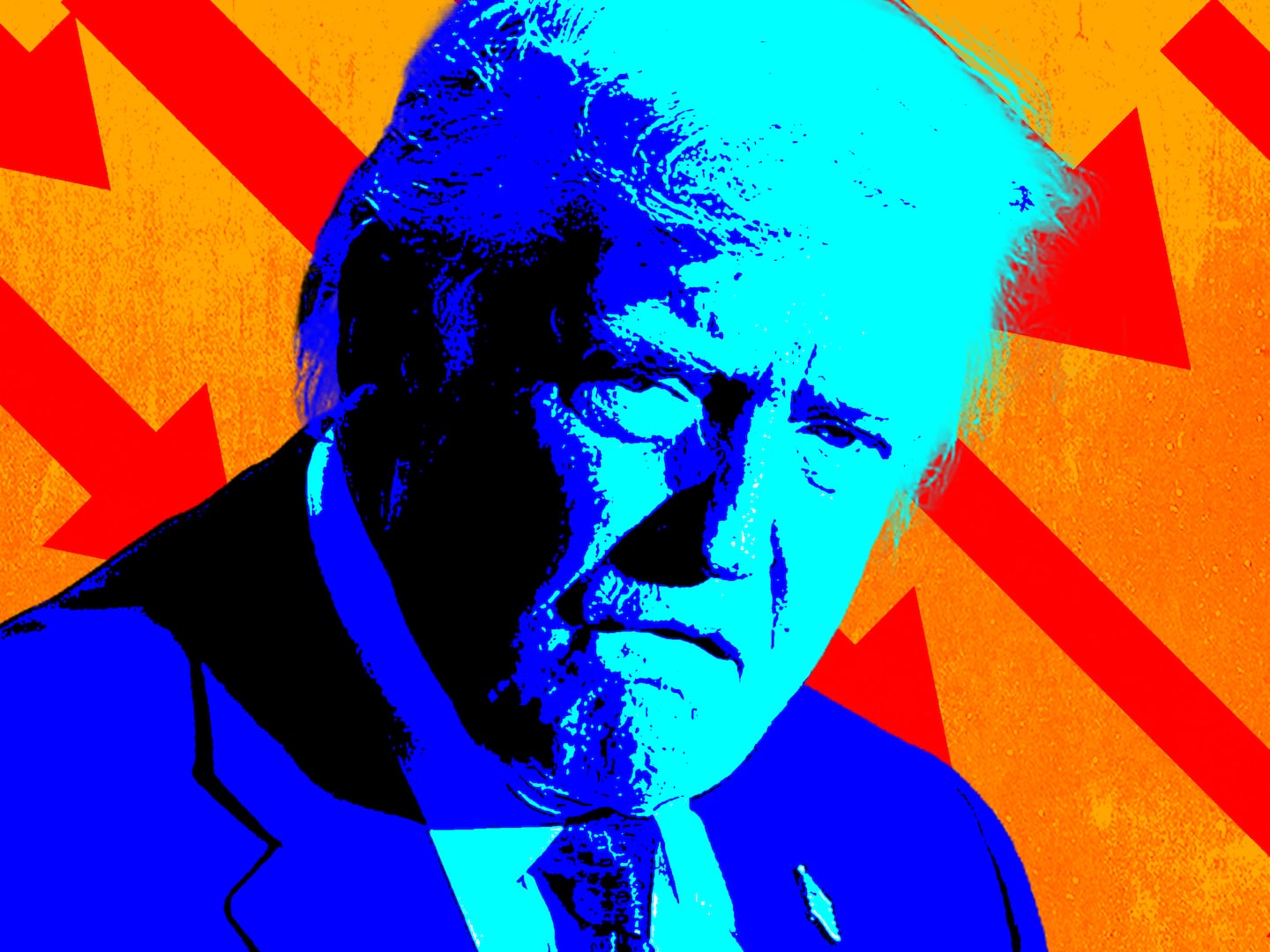“ All the cops are criminals and all the sinners saints.” -Mick Jagger
Five years after Time magazine declared him “The Crusader of the Year,” Eliot Spitzer was known simply and infamously as “Client No. 9.” The man dedicated to public service was equally dedicated to private servicing—and the link between these two parts provided him with a leg up, as it were, on being able to spot others’ delinquent behavior far more successfully than public servants less delinquent than himself.
Spitzer was felled by his own arrogance and sexual hunger, yet it may have been precisely the qualities that drove his private life that enabled him to recognize more than anyone the damage that arrogant, greedy financial institutions were doing to our nation.
Excerpt of Eliot Spitzer on the Today show; click here for full video.
Splitting the ego is an unconscious process by which one part of the self is allowed to get away with things that another part of the self would never even try, let alone countenance. Spitzer not only split off his corrupted self, he became self-righteous about cleaning up corruption, incorporating his private guilt over his sexual drives into part of his public persona as crusader against Wall Street corruption. His is more profound than the hypocrisy of Republicans Vitter, Foley, and Craig, who project their disowned and disgraced sense of self onto others. They may take the moral high ground while telling others how to live, but they are not the crusaders that Spitzer was.
Self-knowledge helps us investigate; willful denial impedes investigation. Yet Spitzer alone was able to use both attributes for his crusades. He recognized his predatory streak clearly enough that he had to split his delinquent private self from his public concerns. But this very act of denial helped him recognize what motivated the leaders of AIG and other Wall Street giants. His split between public and private delinquency was so complete, he never knew that he was using his own abuse of private trust as a way to understand others’ abuse of the public trust, or that his insatiable soul gave him the emotional insight to connect the dots and detect criminal wrongdoing in large private corporations. His personal behavior gave him added insight into secret behavior patterns behind closed Wall Street doors; his own experience doing secret sexual business after hours allowed him to see the ramifications of late trades on mutual funds offered selectively to preferred customers.
We can learn the most about Spitzer from his own words, not just his deeds. In a November 16, 2008, Washington Post op-ed piece—seven months after the Mayflower Hotel sting—Spitzer wrote: “No major market problem has been resolved through self-regulation, because individual competitive behavior doesn't concern itself with the larger market. Individual actors care only about performing better than the next guy, doing whatever is permitted—or will go undetected.”
Who could know better about the failure of self-regulation than someone who has a sexual addiction? And who could understand the power of greed better than one who regularly succumbs to sexual compulsion?
“Long-Term Capital Management, Enron, the subprime lending scandals: All are classic demonstrations of the bitter reality that greed, not self-discipline, rules where unfettered behavior is allowed.” The best way to stop a sexual perversion, such as an obsession with prostitutes, is to talk about it—telling one’s wife, for example. In marriage, it’s called honesty; in business, it’s called transparency.
“A market doesn't exist in a vacuum,” Spitzer continued. “Rather, a market is a product of laws, rules and enforcement. It needs transparency, capital requirements and fidelity to fiduciary duty. The alternative, as we are seeing, is anarchy.”
Substitute the words “marriage” for “market,” “emotional investment” for “capital requirements,” and “marital” for “fiduciary,” and there you have it.
What keeps most people from cheating, from straying, is a strong conscience—a sense of right and wrong. The impulses and fantasies are always there, lurking about, but our self-policing mechanisms prevent us from expressing them. On an unconscious level, Spitzer understood from his own experience that self-policing would never work any better with business behavior than with his own. Businesses need oversight because many executives can’t help themselves—just as Spitzer’s compulsive sexual behavior easily overwhelms attempts at self-discipline.
“Today's balkanized regulatory framework for financial services no longer matches in any way the needs of a fully integrated global financial system. The divisions of the past—commercial banking vs. investment banking vs. insurance vs. hedge funds vs. private equity—have become distinctions without a difference. But these old boxes and formalities still determine how entities are viewed and regulated. It should surprise nobody that capital found the crevices in the regulatory framework. That is what capital is paid to do. But we failed to respond with a regulatory framework flexible enough to plug the leaks.” It was Spitzer’s own “balkanized regulatory framework” that let him get away with his delinquent behavior, as he remained not fully integrated as a husband and father. He “found the crevices” in his own personal regulatory framework, and understood the dis-integration at the heart of business’s rationalizations—the “old boxes and formalities”—without trying to integrate himself.
All these foibles are true of corrupt people who practice their deceit in private. But Spitzer’s secret foibles allowed him to truly understand the wily Wall Street deceivers. Because of them, as well as his compelling social conscience, I maintain that Spitzer was always ahead of the curve on business malfeasance. The intensity of his antipathy toward such illegal business practices was greatly increased by his need to keep his internal, divided self at bay, hidden, permanently split off. It takes one to know one, in both the best and worst sense.
This story, therefore, has a moral: We need more sympathy for the devil; President Obama should make Spitzer a special agent to oversee Wall Street.
Justin A. Frank is a clinical professor in the department of psychiatry at the George Washington University Medical Center and a teaching analyst at the Washington Psychoanalytic Institute. He is a regular contributor to The Huffington Post and author of Bush on the Couch: Inside the Mind of the President.






